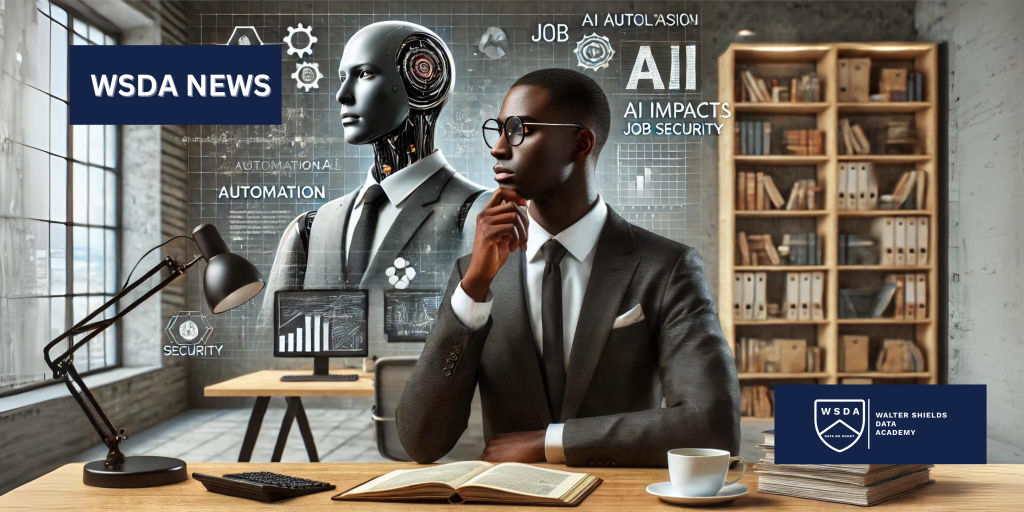Will AI Take Your Job? Insights from an MIT Professor

The rise of artificial intelligence (AI) is stirring up conversations and concerns across the globe. Many wonder if AI will eventually replace their jobs, leading to economic upheaval. However, the real impact of AI on our careers might be more nuanced than a simple takeover by machines.
Understanding AI’s Role in the Workforce
A widespread misconception is that AI will entirely replace human jobs. In reality, AI often focuses on automating specific tasks within a job rather than taking over the entire role. This distinction is crucial because it means that while AI might handle repetitive or data-driven tasks, the more complex and creative aspects of a job remain under human control.
How AI Enhances, Not Replaces, Human Work
Take the software development industry, for example. Here, AI tools are increasingly used to boost productivity. These tools automate certain coding tasks, freeing developers to concentrate on strategic planning and problem-solving. This shift allows professionals to add more value to their work, enhancing their role rather than diminishing it.
The Balance Between Man and Machine
In many industries, the impact of AI will depend on how companies choose to integrate these technologies. For instance, a small interior design firm could use AI for tasks like creating mood boards or 3D visualizations. However, the essence of design, which relies on creativity and empathetic understanding, will remain distinctly human. By letting AI manage routine tasks, designers can focus more on the creative process.
Identifying AI-Friendly Tasks
To understand which tasks AI can automate, consider factors such as data availability and task complexity. Jobs that require detailed, hands-on skills or creative problem-solving are likely to stay within the human domain. AI might lack the nuanced understanding that these roles demand, including cultural sensitivity and ethical decisions.
The Economic Factor in AI Adoption
The cost of implementing AI solutions is another critical consideration. Many worry about job loss due to AI, yet the financial investment required can deter widespread adoption. Historically, technology has created more opportunities than it has taken away, paving the way for new industries and roles.
Preparing for an AI-Integrated Future
For those concerned about AI’s impact on employment, staying informed is key. By understanding AI’s potential and keeping an eye on emerging technologies, individuals can better prepare for future changes. Upskilling and reskilling become essential strategies in adapting to the evolving job landscape.
In conclusion, while AI does promise significant change, it’s not necessarily a threat to all jobs. By focusing on areas where humans excel—creativity, strategy, and empathy—workers can find opportunities to collaborate with AI rather than compete against it.
Data No Doubt! Check out WSDALearning.ai and start learning Data Analytics and Data Science Today!

